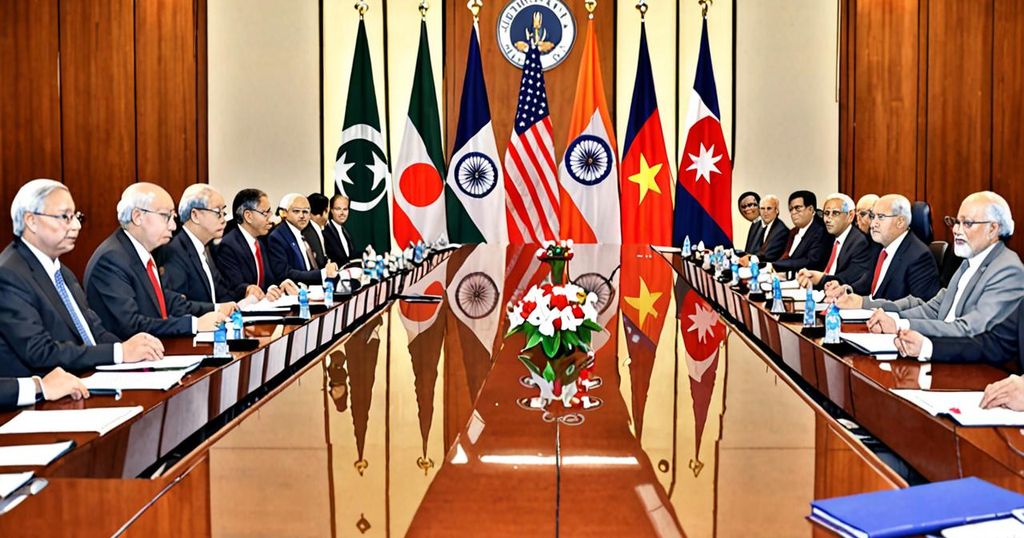The House of Representatives’ Legislation Body (Baleg) is scheduled to present a proposal for the amendment of the Presidential Advisory Board (Wantimpres) Law during a plenary session on July 11. The purpose of this proposal is to reinstate the Supreme Advisory Council (DPA), a body from the New Order era that holds equivalent authority to the executive branch and is responsible for providing guidance to the president.
Legislators are introducing a draft bill to modify the Presidential Advisory Board (Wantimpres) Law with the aim of reviving the Supreme Advisory Council (DPA) from the New Order era. There is speculation regarding President Joko “Jokowi” Widodo’s potential significant role in the forthcoming government of president-elect Prabowo Subianto.
The endorsement of the House of Representatives’ Legislation Body (Baleg) was granted to the proposal for the revision of the 2006 Wantimpres Law on Tuesday. All nine political party factions have agreed to support the amendment to the law.
The bill will be officially presented as a House initiative on Thursday during the final plenary session of this current sitting period. Following this session, the House will be in recess until Aug. 15, as stated by Baleg deputy chair Achmad Baidowi. Achmad, a politician from the United Development Party (PPP), mentioned that “The initial draft will be presented in tomorrow’s plenary session,” as reported by The Jakarta Post on Wednesday.
One major change proposed in the revision is the council’s status, which will be separated from the executive branch and hold an equal position with other state bodies. Furthermore, the proposed revision aims to remove the limit on the number of council members. In the current version of the Wantimpres Law, the board is limited to a maximum of eight members, according to Baleg member Supratman Andi Atgas of the Gerindra Party.
As plans for the revival of the Supreme Advisory Council (DPA) progress, it is crucial to consider the potential implications of this proposed change and its impact on the government’s decision-making processes. The House of Representatives’ initiative to revise the Wantimpres Law demonstrates a significant effort to reform the existing presidential advisory framework.
In conclusion, the efforts to revise the Wantimpres Law illustrate the government’s pursuit of institutional improvements and represent a potential shift in the dynamics of the executive advisory board. The proposed changes seek to redefine the role and authority of the Supreme Advisory Council (DPA), which may have substantial implications on the government’s operations and decision-making processes. This initiative serves as a crucial step in the ongoing development of Indonesia’s political landscape.

Leave a Reply